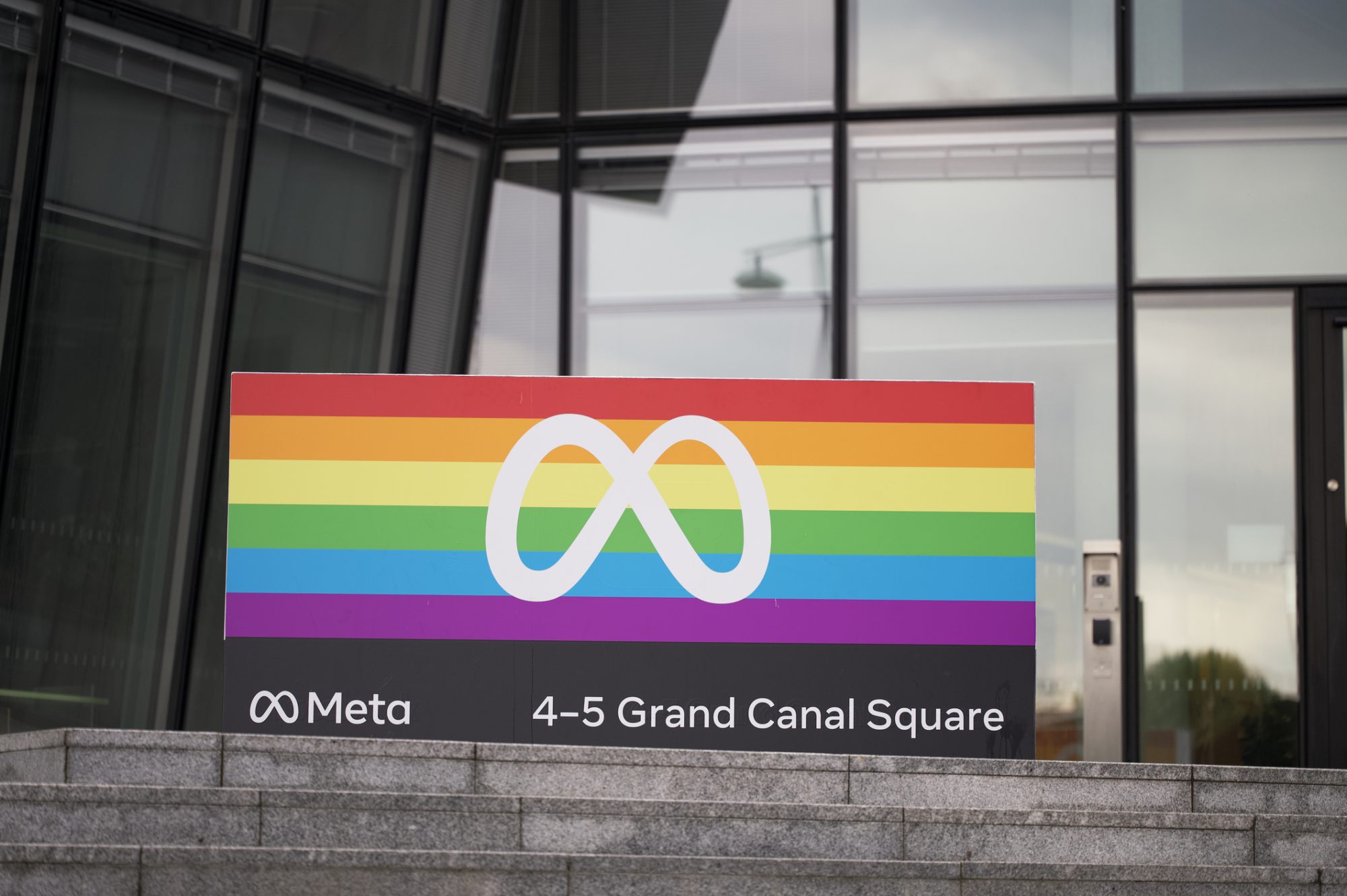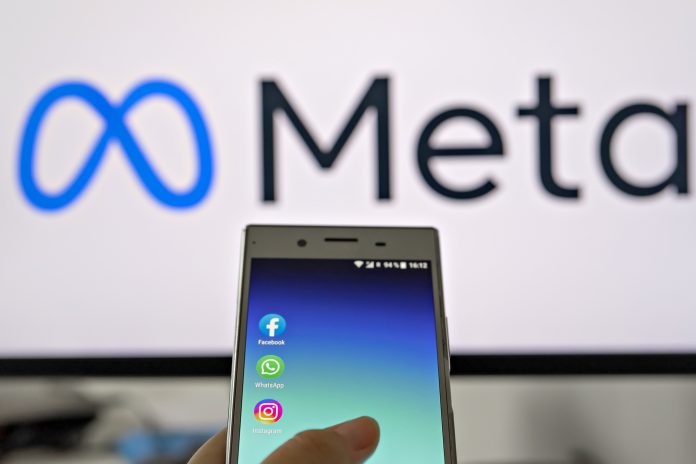Following the 2024 US election and Donald Trump’s ushering in as the new president, DEI has been attacked in all areas of government. Executive orders have been signed, undoing the efforts made over many years to create an inclusive and diverse workplace that mirrors American society. But what do these changes mean?
Federal agencies have been instructed to develop plans forgoing diversity, equality, and inclusion (DEI) measures and discourage private sector partners from addressing discrimination in their workplaces. It remains to be seen whether this approach will be adopted in the UK in the coming months.
What is DEI, and why is it important?
DEI stands for Diversity, Equality, and Inclusion, ensuring all people in the workplace feel valued and represented and that the workplace represents an accurate picture of the world and creates a sense of mutual respect and understanding.
There are nine characteristics that are protected by the Equality Act of 2010, these include:
- Age
- Disability
- Gender/Gender reassignment
- Marriage and civil partnership
- Maternity and Pregnancy
- Race
- Religion/Beliefs
- Sex
- Sexual orientation.
Prioritising DEI helps address and reduce inequalities, ensuring that everyone has equal opportunities and is treated fairly, regardless of their background.
It is also important for the employees themselves, helping them to feel a sense of belonging. Belonging is an essential component of DEI. Most employers support their employees’ physical health and well-being, which in turn boosts their mental health.
When people feel they belong at work, they are more productive and are 3.5 times more likely to contribute to their fullest potential, according to research from the Centre for Talent Innovation.
Feeling secure, comfortable, satisfied, and accepted can change employees’ lives.
DEI protection: Maxine Williams and Meta
Maxine Williams is the diversity officer at Meta, a company that owns social media platforms such as WhatsApp, Facebook, Instagram, and Messenger.
In 2019, Facebook publically set a goal for itself that by 2024, half of its staff would be from diverse or underrepresented backgrounds.
In 2021, a blog post sent by Maxine Williams on Facebook said: “We’ll keep working toward these goals regardless of whether we’re able to meet them within five years because progress in representation is critical to serve a global audience”.
By 2022, Facebook said it had doubled its number of Black and Hispanic employees in the US. Along with this, women accounted for more than a third of its workforce globally.
Women accounted for more than 1/3 of Meta’s workforce globally in 2022
2025 and the lack of DEI protection: A rapid decline in diversity in Meta
But then, from January 2025, the goal was primarily abandoned.
Meta announced that instead of forging ahead with their previous diversity goals, they would scrap it entirely, and Williams would focus on accessibility and engagement.
“The term ‘DEI’ has … become charged, in part because it is understood by some as a practice that suggests preferential treatment of some groups over others,” Janelle Gale, vice-president of human resources at Meta.
Why are DEI protections being cut back?
Many companies based in America are cutting back on DEI, such as McDonalds, Amazon, and Google. There are many reasons for this, some of them being:
- Legal Changes:
- The US Supreme Court decided that favouring minorities in colleges is not allowed. Because of this, companies are worried about breaking the law.
- Political Pressure:
- Politicians, including President Trump, have pushed very strongly against DEI. Trump signed an order to stop DEI preferences in government contracts, which influenced certain companies to do the same.
- Cost and Efficiency:
- Some companies think DEI programs are too expensive and are not efficient.
- Public Backlash:
- On social media and in public, some people have expressed that they think DEI is unfair.
Mark Zuckerberg and his changing fact-checking and DEI opinions
CEO of Meta, Mark Zuckerberg, announced earlier this month that Meta was eliminating its fact-checking programme in the US and easing its restrictions on immigration and gender identity content.
Meta’s ‘hateful conduct’ policy was also changed so that users can now call transgender and gay people ‘mentally ill.’ A move that many are calling backwards and dangerous.
This is a very different point of view than the one he had when he went to San Francisco’s 2013 Pride Parade and later posted on Facebook that “I’m committed to make Facebook a safe place for members of the LGBT community everywhere,” Zuckerberg wrote. “As far as we have come in the fight for equality, we have a lot more work to do.”
He also celebrated LGBT Pride in 2016, saying, “Today millions of people will march in Pride parades around the world. I stand with them”.
Eleven years later, his opinions are drastically different. The 40-year-old CEO and billionaire is calling for the resurgence of “Masculine energy”, has changed fact-checker policy on Facebook and Instagram, putting minorities at risk, and is now removing DEI protections from his company.

“Facebook used to be the place to be if you wanted to work on diversity,” said a former recruiter on the DEI team. “Everyone wanted to follow what Facebook was doing. We were the leaders in this.”
These changes can be seen as a step backwards for what used to be a progressive company.
John Lewis versus Meta: The battle to protect DEI
Jason Tarry, John Lewis’ seventh chairman, has made his position in the DEI debate clear. In response to accepting the position, he said, “The Partnership and its brands stand for trust, value, quality and service”.
When Tarry heard about the rolling back of DEI in America, he publicly announced that “John Lewis has no intention of backing down on their diversity and inclusion initiatives.”
He emphasised that these efforts are a core part of the company’s identity and values and that they believe maintaining a diverse and inclusive environment is crucial for the company’s success and for fostering a variety of perspectives that can lead to better decision-making.
DEI in the UK
Can we expect to see these changes in the UK?
In the UK, we have a labour government that is very pro-diversity. PM Keir Starmer has praised his new Parliament as the most diverse in terms of race and gender “this country has ever seen”.
So far, we have not seen any movement towards scrapping DEI, but the question still remains: will businesses like John Lewis stay strong or buckle under the pressure of corporate America?











